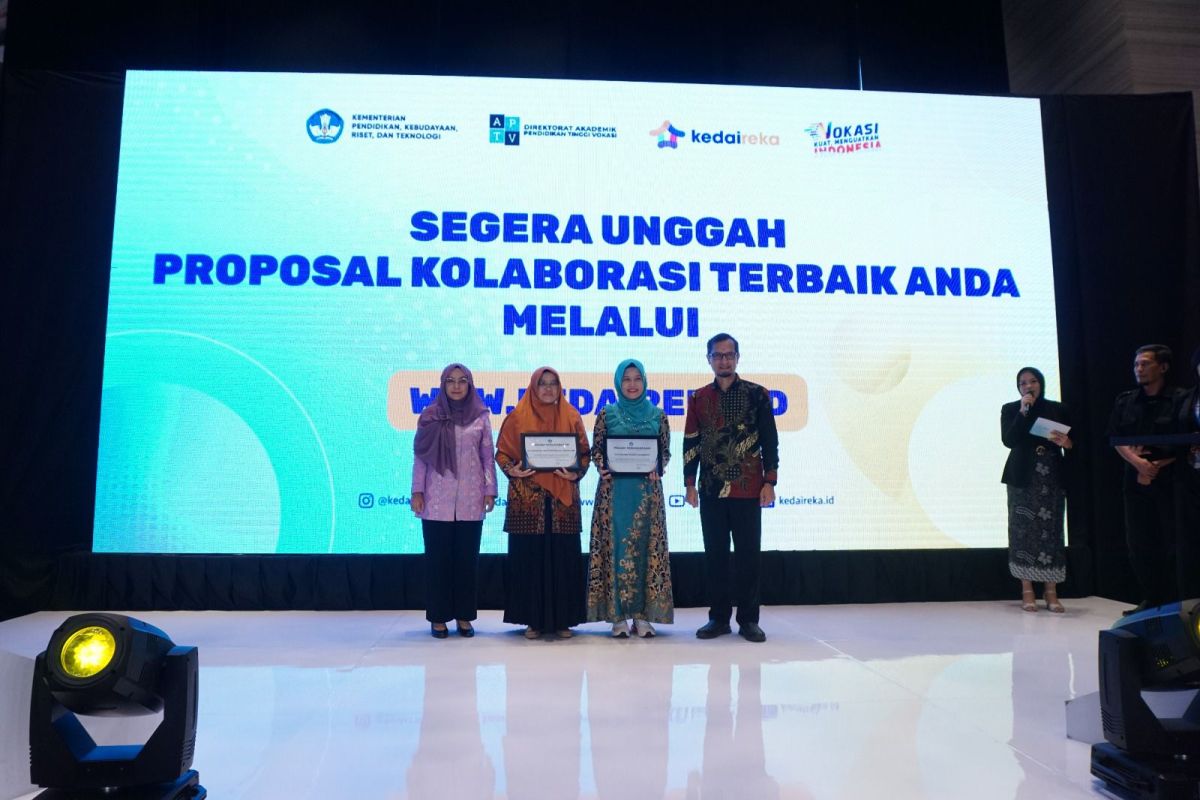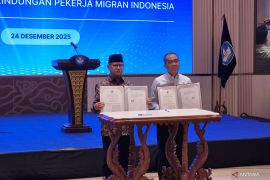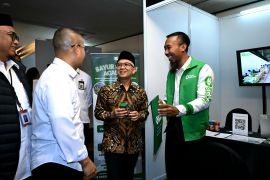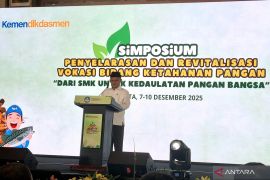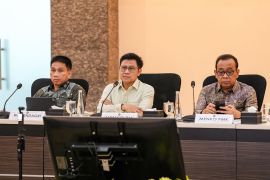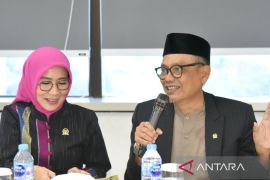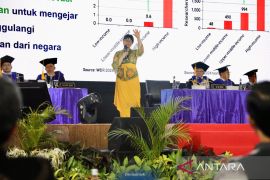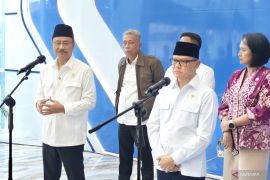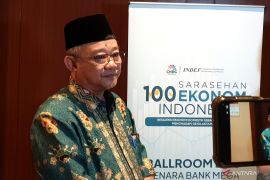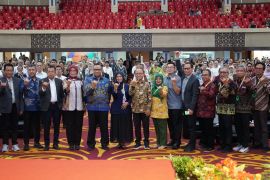"We want to grow the trust of the global community in our readiness to become a country that can actively and productively participate in various global economic activities," the Ministry's Director General of Vocational Education, Kiki Yuliati, noted in a statement here on Sunday.
In 2021, Indonesia was ranked 87th in the GII, which measures the level of productivity and innovation. Indonesia's ranking rose to 75th in 2022 and 61st out of 132 countries in 2023.
The matching fund program, which succeeded in creating a collaborative ecosystem between universities and industries in producing innovative products, also had an impact on significantly increasing the score of the University-Industry Collaboration.
In 2020, Indonesia's University-Industry Collaboration score was 53.5, which then managed to increase to 87.4 in 2023.
According to Yuliati, with a good reputation at the global level, investors' trust in Indonesia will increase, which is expected to have a significant impact on the progress of the country's economy.
Related news: VP keen to witness Indonesia climb Global Innovation Index rating
For next year, the matching fund program will be carried out earlier, with multi-year financing, to guarantee the continuity of research.
"One of the things we want to pursue with this multi-year (financing) is the construction of teaching factories or teaching industries in vocational universities. (It is) because basically, vocational education is industrial-based learning," she remarked.
With the multi-year financing scheme, industries are expected to collaborate with vocational education units to support learning and produce goods and services.
Director of Academic of Vocational Higher Education Beny Bandanadjaja explained that multi-year financing is targeted for scheme A research, namely the downstreaming of research innovations for commercialization purposes, as well as the downstreaming of expertise to meet the needs of businesses and industries.
The scheme is also intended for the development of innovative products with business and industry partners and increasing the level of domestic components (TKDN) or import substitution products through a reverse engineering process.
Related news: 172 vocational matching fund proposals approved in 2022: minister
Translator: Astrid Faidlatul, Raka Adji
Editor: Yuni Arisandy Sinaga
Copyright © ANTARA 2023
